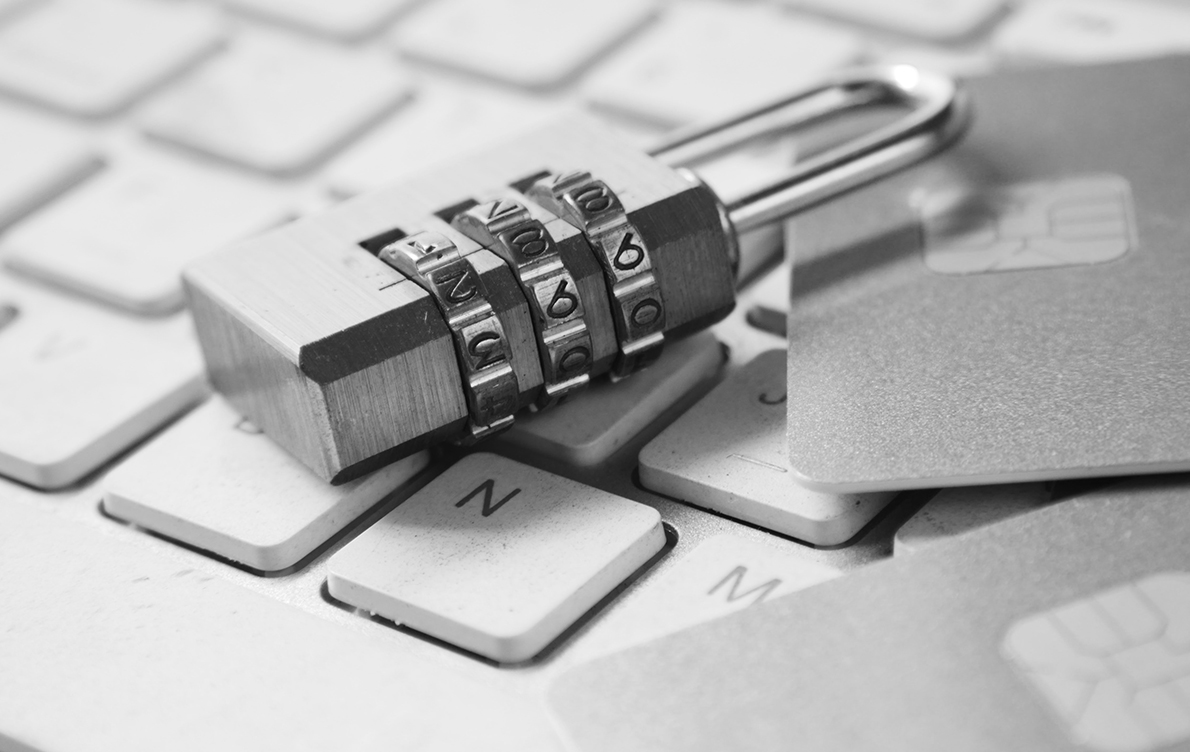Aereo Streaming Service Fails to Navigate the Rocky Shoals of the Copyright Act
Aereo, Inc. thought it had found a legal and clever way to deliver broadcast television programming to its subscribers inexpensively via the Internet. Aereo “rented” equipment to its subscribers that captured and streamed broadcast programming at about the same time the programs broadcast over the air.
Aereo had designed its business model to take advantage of certain court decisions on copyright law involving Cloud-based services that permitted users to store and time-shift programming. In a 6-3 opinion, however, American Broadcasting Cos. v. Aereo, Inc., the Supreme Court ruled that Aereo, Inc. infringed television broadcasters’ copyrights.
Under the Copyright Act of 1976, a copyright owner has the exclusive right to “perform the copyrighted work publicly.” A person who publicly performs a copyrighted work may be found to have infringed upon the copyright. As a result, the Court focused on the question of whether Aereo “performed” the copyrighted television programming “publicly” by streaming, or retransmitting it, to its subscribers at about the same time it was broadcast.
Aereo argued it only supplied equipment to its subscribers and did not “perform” the copyrighted television programs. Aereo further asserted that its service was not “public” because the streams were transmitted to individual subscribers privately. While noting that Aereo uses unique technical equipment for its services, the Court found that Aereo bears an “overwhelming likeness” to the cable companies specifically targeted by amendments to the Copyright Act in 1976. The Court ultimately held that Aereo’s service is equivalent to a performance under the statute and that Aereo is not simply an equipment supplier. The Court also held that Aereo performs publicly because “the subscribers to whom Aereo transmits television programs constitute ‘the public.’”
Yesterday’s decision exemplifies the courts’ ongoing struggle to adapt existing principles of intellectual property law to evolving technologies. The decision has immediately raised concerns about the propriety of other Cloud-based services that permit consumers to store content of their choosing and watch at a later time – the updated version of the legally-approved practice of allowing an individual to record broadcast at home and watch it later. Certainly, evolving technology will continue to present difficult line-drawing questions for the courts.
No aspect of this advertisement has been approved by the highest court in any state.
Results may vary depending on your particular facts and legal circumstances.
As the law continues to evolve on these matters, please note that this article is current as of date and time of publication and may not reflect subsequent developments. The content and interpretation of the issues addressed herein is subject to change. Cole Schotz P.C. disclaims any and all liability with respect to actions taken or not taken based on any or all of the contents of this publication to the fullest extent permitted by law. This is for general informational purposes and does not constitute legal advice or create an attorney-client relationship. Do not act or refrain from acting upon the information contained in this publication without obtaining legal, financial and tax advice. For further information, please do not hesitate to reach out to your firm contact or to any of the attorneys listed in this publication.
Join Our Mailing List
Stay up to date with the latest insights, events, and more



